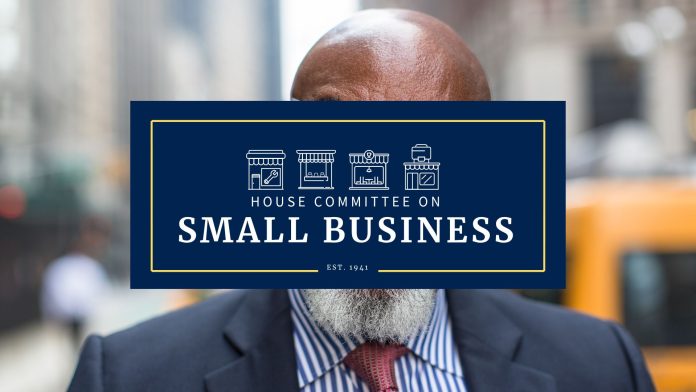Small business owners may soon find relief from overwhelming regulatory burdens, thanks to a renewed focus on deregulation spearheaded by Congress. Recent remarks from Congressman Roger Williams (R-TX), Chairman of the House Committee on Small Business, and Congresswoman Beth Van Duyne (R-TX), emphasize the strain that excessive regulatory frameworks place on small enterprises compared to their larger counterparts.
Small businesses are the backbone of the American economy, accounting for over 62% of new jobs created. Despite their crucial role, the regulatory landscape has become increasingly dense, leaving many small business owners grappling with unnecessary red tape. “Unlike large corporations, small businesses cannot afford teams of lawyers and accountants to deal with the burden of unnecessary red tape,” stated Williams in a recent op-ed published in the Washington Examiner. He highlighted that small businesses pay an average of 20% more to meet compliance standards, significantly impacting their operational costs and profitability.
The op-ed argues that the current regulatory environment stifles innovation and growth, asserting that small enterprises must intentionally spend their resources addressing government-imposed complexities. “How are small businesses supposed to compete in the marketplace when they are legally required to spend all their time and money on burdensome, government-crafted regulations?” Williams asked, indicating that this configuration is not merely unfair but jeopardizes the entrepreneurial spirit that drives America.
To address these concerns, the House Committee on Small Business is advocating for legislative changes aimed at easing regulatory pressure. Congresswoman Beth Van Duyne has introduced the Small Business Regulatory Reduction Act, which invites deeper scrutiny of how regulations affect small business operations. “Legislation such as the Small Business Regulatory Reduction Act, requiring the SBA to investigate how regulations impact small businesses, is crucial to ensure that no taxpayer dollars are used to increase regulations on small businesses,” she noted.
Supporters of deregulation argue that reducing red tape can unleash entrepreneurial potential and rejuvenate local economies. Williams pointed out a significant difference between the priorities of the current and previous administrations. He cited the Trump administration’s 5 1/2-to-1 success rate of eliminating regulations for every new rule added, contrasting it sharply with what he describes as “record-high $1.8 trillion of regulations” introduced under President Biden.
A focus on repealing unnecessary regulations carries several potential benefits for small business owners. These include reduced compliance costs, increased efficiency, and the ability to reallocate resources towards growth-oriented activities such as hiring new employees and investing in technology. The urgency behind this agenda is palpable, as it promises to save trillions of dollars and countless hours in red tape that could be redirected to fostering business development.
However, small business owners should remain pragmatic while optimistic. The push for deregulation, borne from a genuine desire to aid small enterprises, isn’t without potential challenges. The shift from a heavily regulated environment to a more lenient one raises questions about accountability and oversight. While easing compliance burdens is vital for growth, ensuring that safety and fair practices are maintained must remain part of the conversation. There is also a wide range of opinions on the potential impact of such deregulation which small business owners should consider as they strategize for the future.
Overall, the movement towards deregulation presents a promising opportunity for local businesses seeking to thrive in a competitive landscape. As the conversation unfolds in Congress, small business owners should stay informed about these developments to leverage potential benefits while being mindful of the broader implications of regulatory change.
For more details on this initiative and the ongoing efforts to support small businesses through deregulation, visit the original press release at House Committee on Small Business.
Image Via Envato: ImageSourceCur



